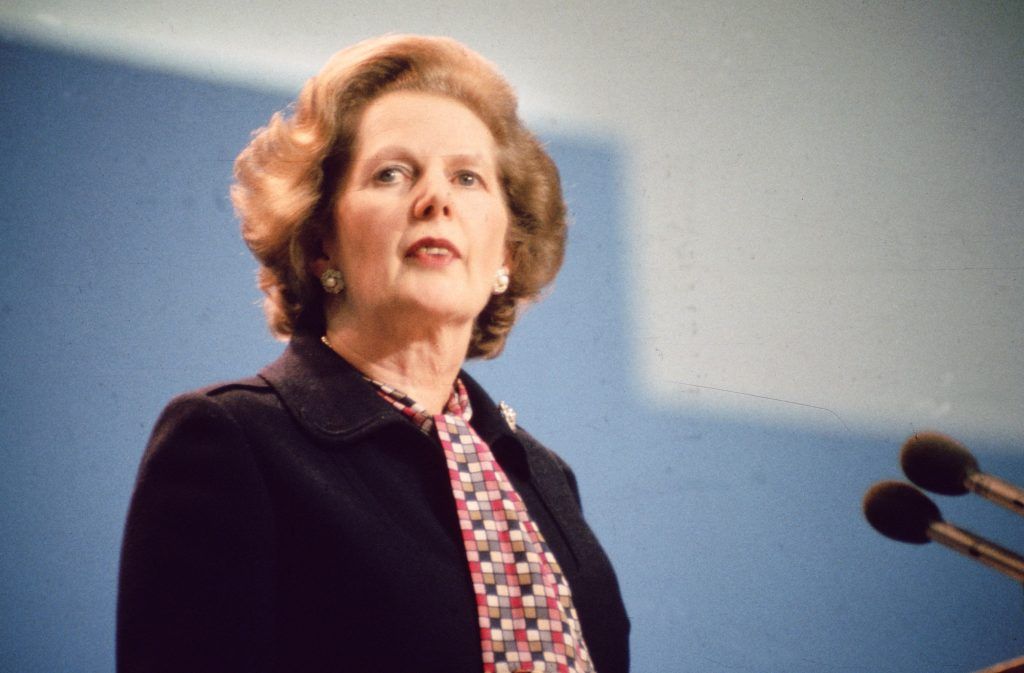FACT FOR TODAY:
According to my 2018 diary, which has one historical fact for every day of the year, today was the day in 1698 when Peter the Great of Russia imposed a tax on all men with beards (for more information on which, watch this on Youtube). The tax remained in force for a further 70years after that.
This was just as well, because beards had become so fashionable by the end of the 19t
Even one of my own great grandfathers had a beard and still had it when he died in 1950 at the age of 98.

But by the 1960s and 70s, beards went out of fashion - apart from exceptions like students and hippies (left).
For reasons that remain a mystery to me, the last few years have seen beards make a sudden and rapid return to the world of male fashion - regardless of age, occupation, social class. or politics.
 Call me old fashioned, but I still haven't got used to watching bearded professional footballers and cricketers (of all nationalities) playing such sweaty sports.
Call me old fashioned, but I still haven't got used to watching bearded professional footballers and cricketers (of all nationalities) playing such sweaty sports.
During the recent hot summer when pollen counts were high, we were visited by a salesman in his twenties with an enormous red beard (and a shaved bald head) -who couldn't stop coughing and spluttering.
"Hay fever?" I asked, to which he replied "I've always suffered from it but it seems to get worse as I get older."
I was too polite to suggest that it had nothing to do with growing older and everything to do with the fact that his beard must have been full of pollen. If he could be bothered to shave his face as well as his head, his hay fever wouldn't be so debilitating.
A TAX ON BEARDS TO REDUCE NHS EXPENDITURE ON HAY FEVER
Were I advising Philip Hammond on a simple way to increase tax and reduce the deficit in these economically challenging pre-brexit times, I'd suggest he takes a leaf out of Peter the Great's tax book.
He could say that treating hay fever with antihistamines, nasal sprays, etc. is a cost to the NHS that's made worse by men who don't shave.
A tax on beards wouldn't affect the P.M., or many other Tory MPs - but would penalise the leader of the opposition, Jeremy Corbyn!
According to my 2018 diary, which has one historical fact for every day of the year, today was the day in 1698 when Peter the Great of Russia imposed a tax on all men with beards (for more information on which, watch this on Youtube). The tax remained in force for a further 70years after that.
| Nicholas II Lenin |
Even one of my own great grandfathers had a beard and still had it when he died in 1950 at the age of 98.
But by the 1960s and 70s, beards went out of fashion - apart from exceptions like students and hippies (left).
BEARDS MAKE A BIG COMEBACK
For reasons that remain a mystery to me, the last few years have seen beards make a sudden and rapid return to the world of male fashion - regardless of age, occupation, social class. or politics.
 Call me old fashioned, but I still haven't got used to watching bearded professional footballers and cricketers (of all nationalities) playing such sweaty sports.
Call me old fashioned, but I still haven't got used to watching bearded professional footballers and cricketers (of all nationalities) playing such sweaty sports.During the recent hot summer when pollen counts were high, we were visited by a salesman in his twenties with an enormous red beard (and a shaved bald head) -who couldn't stop coughing and spluttering.
"Hay fever?" I asked, to which he replied "I've always suffered from it but it seems to get worse as I get older."
I was too polite to suggest that it had nothing to do with growing older and everything to do with the fact that his beard must have been full of pollen. If he could be bothered to shave his face as well as his head, his hay fever wouldn't be so debilitating.
A TAX ON BEARDS TO REDUCE NHS EXPENDITURE ON HAY FEVER
Were I advising Philip Hammond on a simple way to increase tax and reduce the deficit in these economically challenging pre-brexit times, I'd suggest he takes a leaf out of Peter the Great's tax book.
He could say that treating hay fever with antihistamines, nasal sprays, etc. is a cost to the NHS that's made worse by men who don't shave.
A tax on beards wouldn't affect the P.M., or many other Tory MPs - but would penalise the leader of the opposition, Jeremy Corbyn!


